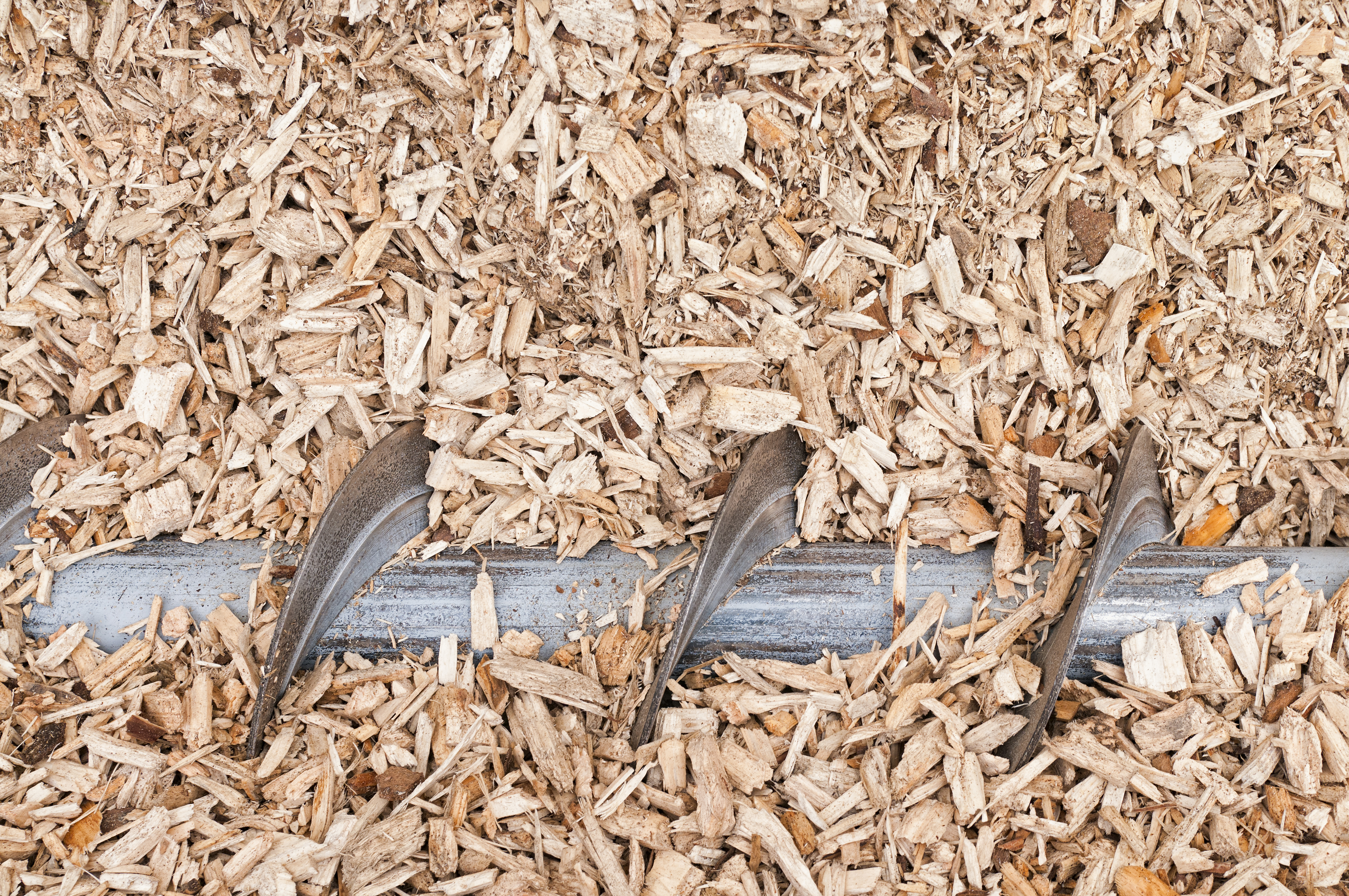A group of Japanese banks have funded a biomass project financing in the north-west of the country.
¥11.7bn (around US$105mn) was extended by banks led by Shinsei Bank, which acted as the mandated lead arranger. Joyo Bank is the co-arranger, while Ashikaga Bank and Shonai Bank joined as lenders.
The borrower is Japan Renewable Energy Corporation (JRE), a company backed by investment bank Goldman Sachs. Goldman Sachs founded JRE in 2012 and has built or helped build 27 large-scale solar farms since then, as well as two wind farms.
In an effort to diversify its energy mix, the Japanese government has been promoting renewable energy through generous feed-in tariffs for the past five years. Wind and solar tariffs, however, have been cut in half over the past 12 months, with biomass seen as a lucrative alternative.
Construction on the plant in Kamisu started in June and is due to complete in May 2019. The finished wood biomass power facility will have a capacity of 24MW.
JRE is intending to build more than 10 new biomass facilities by the end of the decades, with an expected investment of some ¥40bn.
The government is hoping to triple Japan’s biomass power generation capacity by 2030. It views biomass as a less volatile sector than wind or solar energy, since it does not depend on favourable weather conditions.
The ministry of economy, trade and industry in Japan has set targets of increasing renewable energy’s share of the power generation mix to 24% by 2030.
Japan is currently the world’s fifth biggest polluter, by country, and the 15th biggest polluter, in terms of emissions per capita. After the Fukushima nuclear accident in 2011, when an earthquake sparked a tsunami, which damaged a nuclear power plant, the country increased its imports of fossil fuels, in place of nuclear energy.
The debate over energy rages on in Japan: nuclear has come back into favour with Shinzo Abe’s government, but there is also a clear directive towards renewables.







